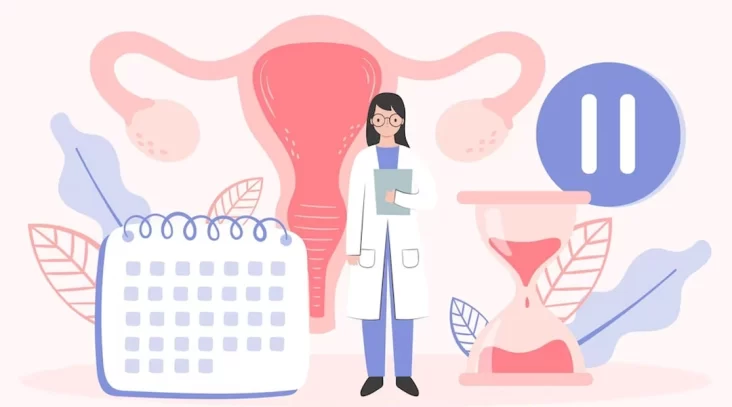A urinary tract infection (UTI) is an infection of the bladder and kidneys as well as other urinary tract-related organs. The damaged area of the urinary system determines the symptoms.
A UTI is a bacterial infection. These are microorganisms that can only be seen under a microscope.
The majority of UTIs are brought on by bacteria, although occasionally fungi or viruses might also be to blame. One of the most prevalent illnesses in people is a UTI.
Your urinary system is composed of your:
- kidneys
- ureters
- bladder
- urethra
Most lower tract UTIs in adults just affect the urethra and bladder. However, kidney and ureter problems might result from upper tract UTIs. Although less frequent, upper tract UTIs are more severe than lower tract UTIs.
UTI symptoms
What section of the urinary system is infected determines the symptoms of UTIs in adults.
Lower tract UTI symptoms
Urinary and bladder tract infections (UTIs) harm them. Lower tract UTI symptoms include:
- burning with urination
- more urination yet with less pee being produced
- increased urgency of urination
- bloody urine
- cloudy urine
- urine that looks like cola or tea
- urine that has a strong odour
- pelvic pain in women
- rectal pain in men
Upper tract UTI symptoms
The kidneys are impacted by upper tract UTIs in adults. If germs spread from the diseased kidney into the blood, they might be fatal. Urosepsis is a disorder that can result in shock, fatally low blood pressure, and death.
Upper tract UTI symptoms include:
- upper back and side discomfort and tenderness
- chills
- fever
- nausea
- vomiting
UTI symptoms in men
Male and female upper tract urinary infection symptoms are identical. However, men who have a UTI in their lower tract can also have rectal pain.
UTI symptoms in women
Pelvic discomfort is a potential symptom in females with lower tract urine infections. This comes on top of the other typical symptoms.
UTI causes and risk factors
A UTI can result from anything that slows down your bladder’s ability to empty or irritates your urinary tract. Your chance of developing a UTI may rise due to a variety of circumstances.
These risk elements consist of:
- age (UTIs are more common in elderly persons)
- decreased mobility following surgery or extended bed rest
- kidney stones
- a previous UTI
- urinary tract obstructions or blockages, like:
- enlarged prostate
- certain forms of cancer
- prolonged use of urinary catheters, which may make it easier for bacteria to get into your bladder
- diabetes
- pregnancy
- abnormally developed urinary structures from birth
- weakened immune system
Additional UTI risk factors for men
The majority of UTI risk factors for men and women are similar. But an enlarged prostate can also make someone more susceptible to UTIs.
Additional UTI risk factors for women
Older studies disproved the common belief that wiping from back to front after using the loo increases the risk of recurrent UTIs.
However, there are several risk factors that are exclusive to female anatomy.
Shorter urethra
The urethra is quite near to the vagina and the anus in female bodies. UTIs are more likely to occur as a result of this. The urethra and the remainder of the urinary system can get infected as a result of bacteria that may naturally exist near the vagina and anus.
Women’s urethras are also shorter, which reduces the distance that the germs must travel to reach the bladder.
Sex
During penetrative intercourse, pressure on the female urinary system can push germs from the area around the anus into the bladder. Oral intercourse also increases the risk of infection by introducing germs into the urethra.
The risk of infection may be lowered by urinating after sex.
Spermicides
Spermicides can alter the vaginal microbiome, which increases the risk of UTI.
Condom use during sex
Non-lubricated latex condoms could cause more friction and skin irritation during sex. This might make a UTI more likely.
Yet there are several benefits to using condoms. They are crucial for stopping unintended pregnancies and limiting the spread of sexually transmitted diseases (STIs).
Use enough water-based lubricant during intercourse to help reduce friction and skin irritation caused by condoms.
Useless spermicide-coated condoms should not be used.
Diaphragms
The urethra may be under pressure from diaphragms. As a result, there is a higher chance of bacterial development and infection and less bladder emptying.
Decrease in estrogen levels
A drop in estrogen after menopause alters the typical bacteria in your vagina. This might make a UTI more likely.

